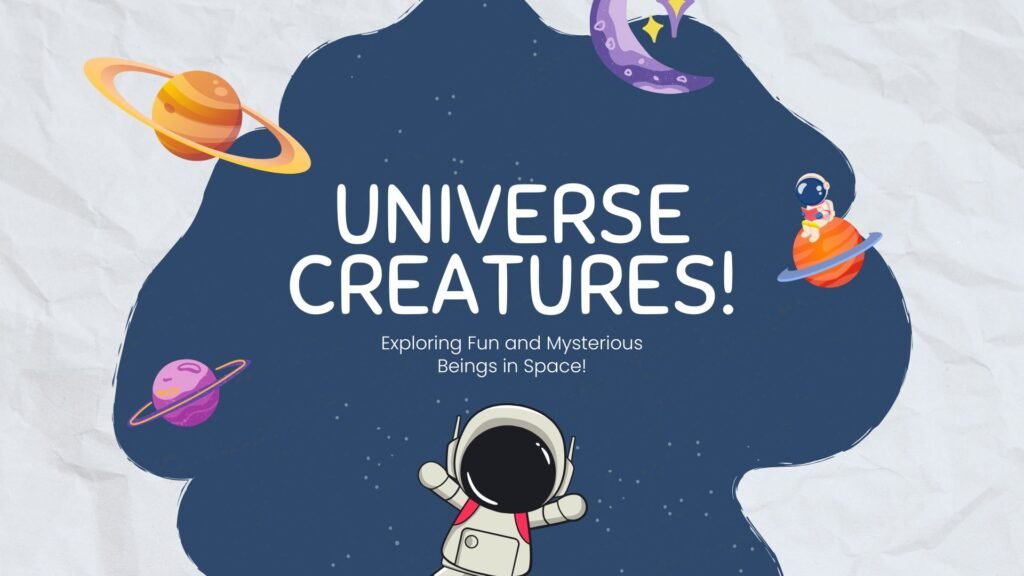
Have you ever looked at the stars and thought about what’s out there in the sky? The night sky has amazed people for thousands of years. Long ago, people drew star maps, while today, scientists use advanced tools to explore faraway planets, stars, and galaxies.
If you’re new to this exciting space knowledge, you might wonder, “Where do I begin?” The good news is, learning about space doesn’t have to be hard. With a curious mind and the right resources, anyone can start learning, no matter what their age, education, or background.
Steps of Learning Space
This beginner’s guide will help you take your first steps into the world of space and astronomy in a simple, fun, and interesting way.
Step 1: Begin with the Basics

Before diving into complex space theories or scientific terms, start by learning some simple facts about the universe. These will help you understand bigger concepts later on. Start by asking:
- What is the difference between a planet and a star?
- What are galaxies, black holes, and comets?
These are the building blocks of space knowledge. You don’t need a science degree to understand them; many websites and YouTube channels explain these topics using easy words, animations, and pictures. Use apps or short videos that show the solar system in 3D. This helps you see how things work instead of just reading about them.
Step 2: Learn Through Beginner-Friendly Books

Books are one of the best ways to build a strong understanding of space at your speed. The good news is that many authors have written books especially for beginners, using simple language and interesting examples. Here are some great beginner books:
- Astrophysics for People in a Hurry by Neil deGrasse Tyson
- The Astronomy Book by DK Publishing
- Cosmos by Carl Sagan
These books don’t feel like school textbooks; they’re more like storybooks full of amazing facts. You can start by reading just a few pages each day. Over time, your knowledge will grow, and you’ll start thinking like an amateur space explorer!
Step 3: Explore Reliable Online Resources

If you prefer digital content, trusted space agencies like NASA provide an excellent starting point. Their websites offer free educational videos, articles, games, simulations, and even live updates from ongoing space missions. You can:
- Watch rocket launches and rover missions
- Explore virtual tours of the International Space Station
- Read real-time news about discoveries
NASA isn’t the only resource; other agencies like the European Space Agency (ESA), the UK Space Agency, and educational platforms like ESA Kids or NASA’s Place offer similar high-quality content. By following these platforms, you not only stay updated with the latest discoveries but also connect theory with real-world missions.
Step 4: Use Learning Apps and Online Courses
Thanks to technology, space learning is now at your fingertips. Some apps let you explore the sky just by pointing your phone upwards. These apps identify stars, planets, satellites, and even comets in real time.
Some websites include:
- SkyView Lite
- Stellarium
- Star Walk 2
- Khan Academy (Astronomy & Cosmology courses)
- Coursera or edX (University-level courses for free or low cost)
Online courses offer video lectures, quizzes, and progress tracking. Whether you prefer casual browsing or structured study, there’s a tool for you.
Step 5: Discover Local Learning Opportunities
Space isn’t only something you read about; you can experience it! Many countries offer local science museums, observatories, or planetariums where you can explore hands-on learning.
In the United States, places like the California Science Center and the Kennedy Space Center offer educational tours and exhibits. In the United Kingdom, you can visit the Royal Observatory in Greenwich or the National Centre in Leicester to attend lectures, use telescopes, and engage in interactive displays. These visits bring the world of space to life and are perfect for both solo learners and families.
Step 6: Join Astronomy Communities
Learning becomes more exciting when you're part of a community. Whether online or offline, joining a group of space enthusiasts helps you stay motivated, share ideas, and get answers to your questions. You can:
- Join local astronomy clubs
- Attend public stargazing nights
- Follow online groups on platforms like Facebook or Reddit
- Join forums like Cloudy Nights or Universe Today
These communities often share book suggestions, upcoming celestial events, and equipment recommendations. Engaging with others helps you discover things you might have missed on your own.
Step 7: Watch Documentaries and Educational Shows
If reading isn’t your thing, there’s no shortage of high-quality space documentaries to watch. Streaming services like Netflix, Disney, or YouTube offer series and films that take you on a visual journey through time and space.
Some must-watch shows include:
- Cosmos: A Spacetime Odyssey
- The Universe (History Channel)
- How the Universe Works (Discovery Channel)
Final Thoughts
Learning about space doesn’t mean you need to become a scientist or astronomer overnight. It simply means opening your mind to the possibilities beyond our planet.
You might begin by reading a book, watching a video, downloading an app, or attending a stargazing event. Over time, your curiosity will grow, and so will you understand. The universe is vast, mysterious, and beautiful, and it’s open to everyone who dares to explore it.
Start Your Journey Today
So, what’s stopping you? Pick up a beginner-friendly space book, sign up for an online course, or head outside tonight and look up at the stars with new curiosity. With each step you take, you're becoming part of a long tradition of humans who’ve gazed at the sky and asked, “What’s out there?” Keep asking questions. Keep exploring. Because in the world of space, learning never truly ends.






